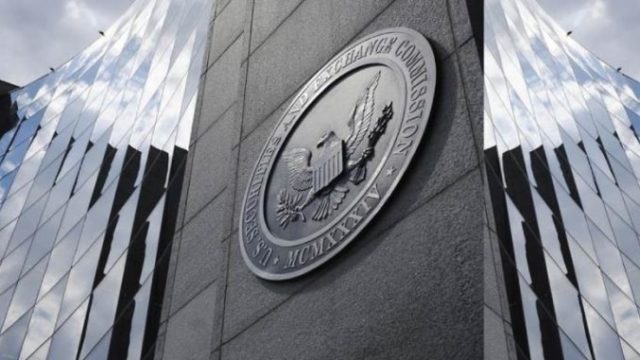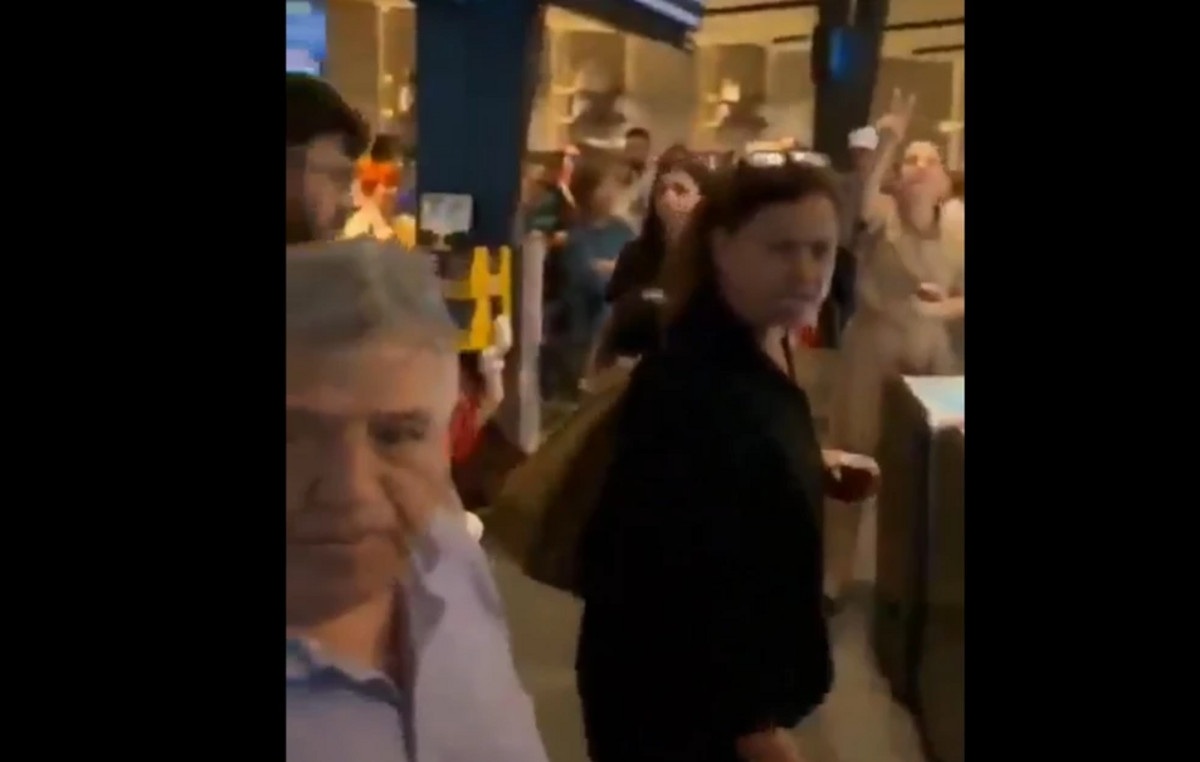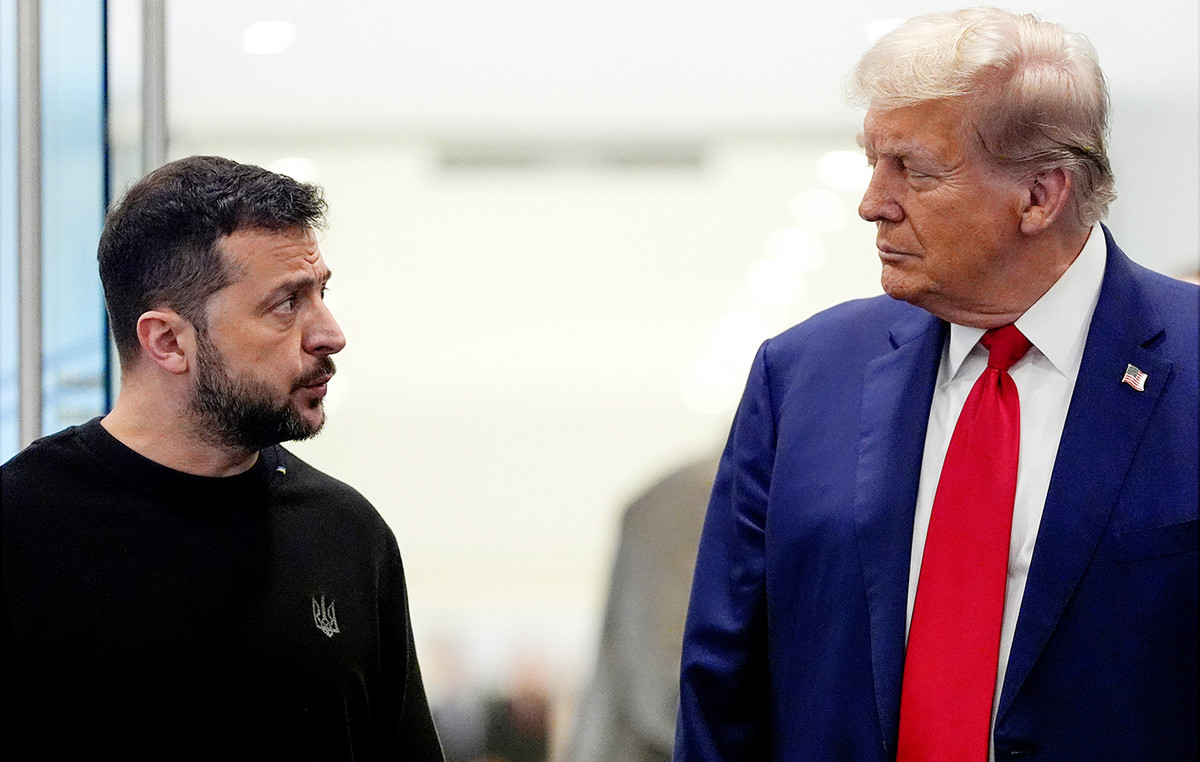It is up to Israel to decide the escalation, i.e. the extent of the regional war, after the missile attack on Tehran. Or rather, it’s up to Prime Minister Benjamin Netanyahu which in recent months seems to have decided that military intervention on all fronts has the objective of rendering Israel’s enemies harmless once and for all, rather than rebuilding the balance of deterrence compromised by the massacre by Hamas on 7 October 2023.
The question everyone is asking now is whether Netanyahu’s strategy includes overthrowing the Iranian regime, which the Israeli prime minister indicated both in his speech to the US Congress and to the UN as the linchpin of an axis of evil that threatens global security. , not just the Jewish state.
Iran made its move, and the message was clear: the regime of the ayatollahs of Tehran does not want war. On the evening of Tuesday 1 October, a hail of ballistic and cruise missiles hit various Israeli cities, including Tel Aviv. The bulk of the missiles were intercepted by Israel’s expensive but nearly impenetrable anti-aircraft defenses.
A published statement on X by Iran’s mission to the UN clarified the meaning and scope of the attack: Iran reacted “to the terrorist attacks of the Zionist regime” which affected “Iranian citizens and interests”.
The reference is to the incursions of the Israeli army into Lebanon which within two weeks killed all the leaders of Hezbollah, the militia financed and supported by Iran which has been targeting Israel with rockets from southern Lebanon since 7 October, in support of the Hamas resistance to the invasion of Gaza.
After the assassination of Hezbollah leader Hassan NasrallahIran felt forced to react, a failure to respond would have meant abandoning Hezbollah to its fate and losing all influence on Lebanon.
But Iran’s attack was, so to speak, reduced to the minimum, with the threat of doing much more if Israel responded again.
It’s a pattern we already saw in April: on the first of the month Israel strikes the Iranian consulate in Damascus, Syria, another country from which local militias supported by Tehran threaten Israel. Within a couple of weeks, Iran reacted with a barrage of over 200 missiles on Israel which, however, did not cause a single death: the attack was prepared and managed so that the Israelis could defend themselves as best as possible, with sufficient warning .
Thus Iran saved its reputation as a great adversary of the Jewish state, but did not cause damage that would truly justify a drastic and definitive response from Netanyahu. The United States, in April as today, does not want a total escalation in the region for any reason, much less one month before the presidential elections in November and with a president in office – Joe Biden – who will remain in power until the end of the year but who everyone considers to be in full cognitive decline.
In April, as today, there was widespread fear that Israel would react with attacks on Iranian nuclear sites: for some time the ayatollah’s atomic program has been the only remaining symbol of the great power ambitions of a regime in deep crisis, with a leader – Ali Khamenei – elderly, ill and without a successor, the economy in irreversible crisis and the population’s anger increasingly difficult to contain.
Israel has already struck Iranian nuclear sites several times, last known times in 2018 and 2021to the great indignation of the ayatollahs, and with the Mossad secret services, tried in every way to slow down the regime’s march towards the atomic bomb, with sabotage and targeted killings of scientists in key positions.
An Israeli reaction that hits targets connected to the nuclear program, therefore, would not be without precedent. And it would hardly be decisive. According to analysis by industry expertsIran’s nuclear program is now too advanced to be destroyed by a handful of well-guided missiles. There is no single target to hit to stop everything.
What will be important to observe in Israel’s reaction – regardless of the target – is whether it will be a targeted intervention on some specific target – as was the killing of Hamas leader Ismail Haniyeh in Tehran on 31 July – or instead destructive and provocative to widen the cracks in the Iranian regime and aim to make it collapse.
A few months ago it would have been unthinkable that Netanyahu would come to ponder similar projects to upset the balance in the region. Today everything is possible, also because the Israeli prime minister hopes that Donald Trump will soon return to the White House, who boasts of not having provoked wars during his first mandate but agrees with Netanyahu in identifying Tehran as the toxic nucleus of geopolitical instability in the entire Middle East.
Source: Vanity Fair
I’m Susan Karen, a professional writer and editor at World Stock Market. I specialize in Entertainment news, writing stories that keep readers informed on all the latest developments in the industry. With over five years of experience in creating engaging content and copywriting for various media outlets, I have grown to become an invaluable asset to any team.







